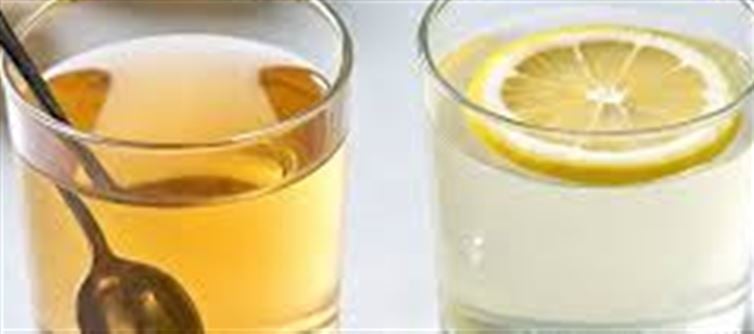
Starting your day with a healthful drink is a favorite ritual for many fitness buffs, but which one truly helps shed those extra kilos faster? Let’s break down the benefits of honey water and lemon water for weight loss:
1. Honey Water: Natural Sweetness With Metabolism Support
· Honey is a natural sweetener loaded with antioxidants and antibacterial properties.
· It can boost your metabolism slightly and help suppress appetite when taken warm in water.
· Provides a gentle energy kick without processed sugars.
2. Lemon Water: Detox, Digestion, and Fat-Burning Power
· Packed with vitamin c and antioxidants, lemon water helps flush out toxins.
· Enhances digestion and promotes better gut health.
· Its acidic nature can aid in breaking down fat and reducing bloating.
3. Calorie Content: Lemon Water Wins
· Lemon water is virtually calorie-free, making it ideal for weight loss.
· Honey water contains natural sugars and calories, so moderation is key.
4. Hydration Boost: Both Are Excellent
· Staying hydrated is essential for metabolism and fat burning — both drinks help with this.
5. Best Time to Drink: Early Morning on an Empty Stomach
· Both honey water and lemon water work best first thing in the morning to kickstart digestion and metabolism.
6. Which One Helps Weight Loss More?
· Lemon water edges out honey water due to its zero-calorie nature and strong detox benefits.
· However, honey water is a great choice if you need a mild energy boost and prefer a touch of natural sweetness.
Bonus Tip: Combine Both!
· Mix a little honey with lemon water for a tasty, metabolism-boosting drink that offers the best of both worlds.
So, whether you’re team honey or team lemon, starting your morning with either of these drinks can support your weight loss journey — just remember balance is key! 🥤✨
Disclaimer:
The views and opinions expressed in this article are those of the author and do not necessarily reflect the official policy or position of any agency, organization, employer, or company. All information provided is for general informational purposes only. While every effort has been made to ensure accuracy, we make no representations or warranties of any kind, express or implied, about the completeness, reliability, or suitability of the information contained herein. Readers are advised to verify facts and seek professional advice where necessary. Any reliance placed on such information is strictly at the reader’s own risk.




 click and follow Indiaherald WhatsApp channel
click and follow Indiaherald WhatsApp channel